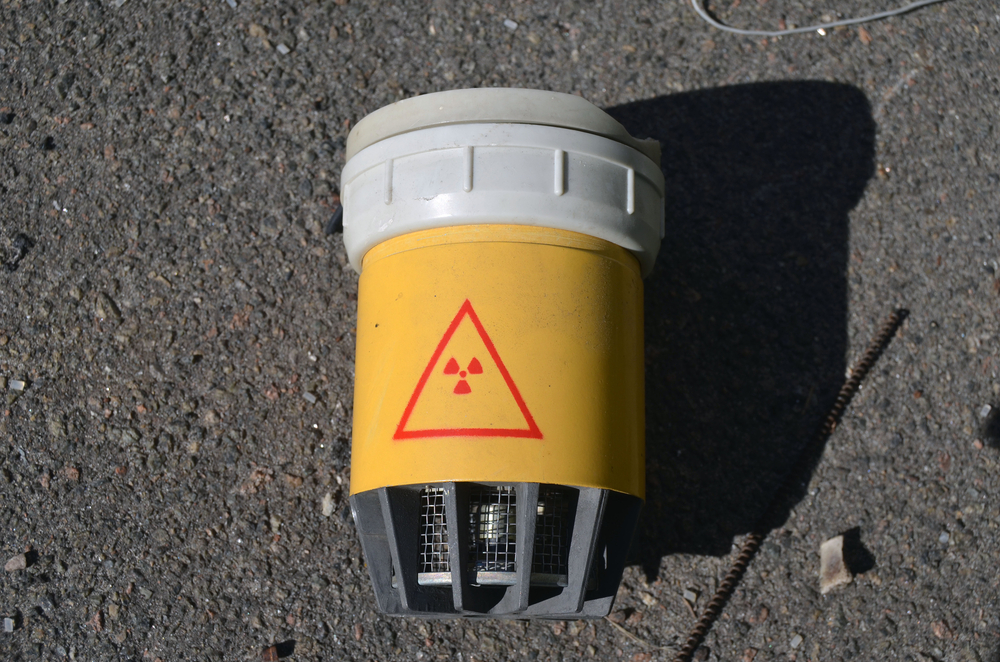
A new report released by the Nuclear Threat Initiative (NTI) and Moscow-based Center for Energy and Security Studies (CENESS) maintains that sustained regional dialogue is essential to addressing Central Asia’s radioactive source security challenges.
“Largely as a result of poor chain-of-custody procedures and insufficient regulatory controls, thousands of radioactive sources have gone missing around the globe,” the report stated. “Even in countries with effective regulatory controls in place, high disposal costs and a lack of repositories have led end-users to abandon radioactive sources at the end of their life cycle. These are challenges that affect every region of the world, including Central Asia.”
The report revealed effective communication is needed between varied stakeholders ranging from regulatory, customs, border security, and energy authorities to international partners.
Central Asia is home to thousands of radioactive sources, which are often located in busy, open settings, such as hospitals in city centers, or remote areas with little or no physical protection. If unregulated, the lack of protection and awareness could make the sources susceptible to radioactive dispersion devices, more commonly known as dirty bombs, the report stated.
“The example of joint efforts by CENESS and NTI demonstrates the great potential of Russian-US cooperation in strengthening radiation security, including cooperation facilitated by the IAEA,” Anton Khlopkov, CENESS director and workshop co-chair, said.




